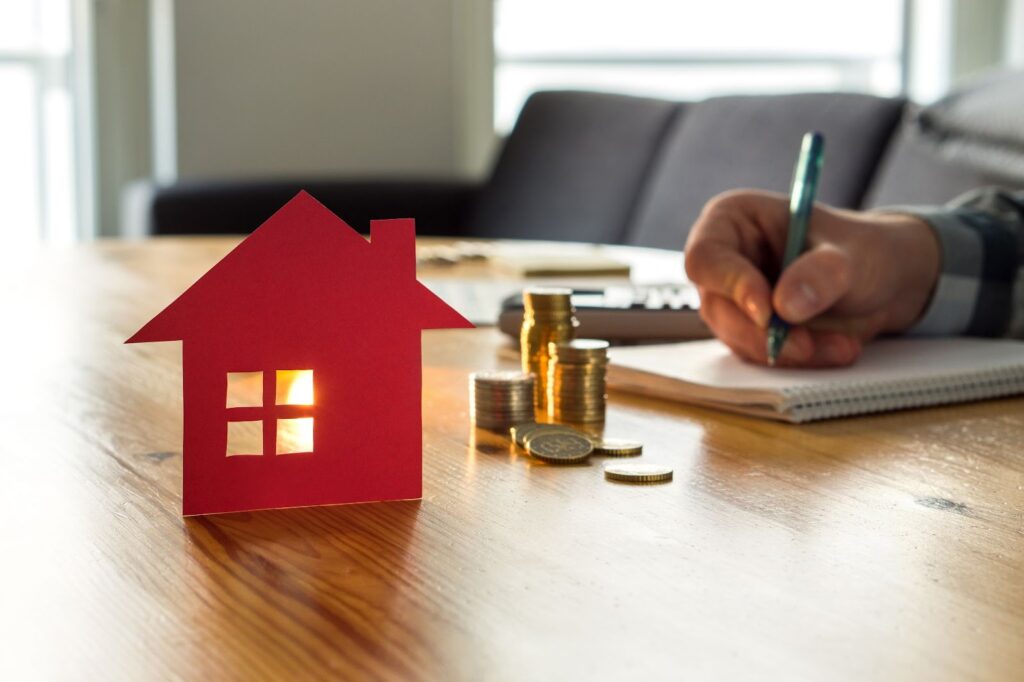Understanding the Pros and Cons
Homeownership has long been an integral part of the American Dream. While many view it as a natural step in life, it’s crucial to understand both the benefits and risks associated with this significant financial commitment. Let’s dive into the key aspects of homeownership as an investment, examining why it’s considered a valuable long-term investment and what potential pitfalls you should be aware of.
Key Takeaways
- Evaluate both the advantages and potential risks before purchasing a home.
- Benefits include appreciation, home equity, tax deductions, and deductible expenses.
- Risks can involve high upfront costs, depreciation, and illiquidity.
- Building equity is essential for making homeownership a worthwhile long-term investment.
- Real estate appreciates due to both the property and the land it occupies.
Attractive Long-Term Investment
Appreciation Over Time
Appreciation refers to the increase in home values over time. While real estate markets can be cyclical, with periods of significant downturns like the 2008 Housing Crash, history shows that residential real estate generally increases in value over the long term. For instance, median home prices in the U.S. rose from $298,900 in the fourth quarter of 2014 to $346,800 in the fourth quarter of 2020, representing a more than 16% increase in just six years. Looking further back, the median sales price was $219,000 in the fourth quarter of 2009, reflecting a 42.7% increase over a decade. This trend illustrates that buying a home can be one of the most profitable long-term investments you can make, offering both a place to live and a solid return on investment (ROI).
The Importance of Location
Real estate appreciates not only because of the home itself but also due to the land it occupies. The adage “location, location, location” is more than a catchy phrase; it underscores a critical factor in home buying. The neighborhood’s quality, including school districts, parks, road conditions, and other amenities, as well as the broader city context, significantly influence the property’s appreciation potential. Even if a home falls into disrepair, the land it sits on can still hold substantial value, sometimes warranting demolition to maximize the property’s sale price.
Building Home Equity
Home equity is the difference between your mortgage balance and your home’s market value. As you make mortgage payments, more of each payment goes toward reducing the loan’s principal balance, thereby increasing your equity. This process is gradual, but it accelerates over time, especially if you make larger down payments or prepayments. The length of time you own your home also plays a significant role in equity accumulation; the longer you stay, the more equity you build.

Leveraging Home Equity
Building equity in your home not only boosts your net worth but also provides financial flexibility. Home equity can serve as collateral for loans, offering a way to access funds for various needs, such as home improvements or emergency expenses. Many homeowners track their equity growth alongside property appreciation, timing their home equity loans or lines of credit to maximize financial benefits.
Benefits of Homeownership
Appreciation and Wealth Building
As previously mentioned, the primary benefit of homeownership is appreciation. Over time, your home’s value is likely to increase, allowing you to sell at a profit. This appreciation, combined with paying down your mortgage, builds your wealth significantly. For example, if you purchased a home for $300,000 and it appreciates to $400,000 over several years, you gain not only the value increase but also the equity from your mortgage payments.
Tax Deductions
Homeowners can benefit from several tax deductions. Mortgage interest, property taxes, and sometimes even mortgage insurance premiums can be deducted from your taxable income, reducing your overall tax liability. These deductions can make homeownership more affordable and financially advantageous compared to renting.
Stable Housing Costs
Owning a home provides stability in housing costs, especially if you have a fixed-rate mortgage. Unlike rent, which can increase annually, your mortgage payments remain consistent, helping you manage your budget more effectively. Over time, as you pay off your mortgage, your housing costs decrease, potentially leaving more money for savings or other investments.
Personal and Emotional Satisfaction
Beyond financial benefits, homeownership offers personal satisfaction. Owning your home gives you the freedom to personalize your living space, create memories, and build a sense of community. This emotional attachment can enhance your quality of life, making homeownership a fulfilling experience.
Risks of Homeownership
High Upfront Costs
Purchasing a home involves high upfront costs, including the down payment, closing costs, and moving expenses. These initial investments can be substantial, requiring careful financial planning. Additionally, home maintenance and repairs add ongoing expenses that must be factored into your budget.
Depreciation and Market Fluctuations
While homes generally appreciate over time, they can also depreciate due to market conditions, economic downturns, or changes in the neighborhood. This depreciation can reduce your home’s value, potentially leading to a loss if you need to sell during a downturn. Understanding market trends and choosing a home in a stable or growing area can mitigate some of these risks.
Illiquidity
Real estate is an illiquid asset, meaning it cannot be quickly converted into cash without potentially incurring a loss. Selling a home takes time, and the process can be complicated by market conditions or the home’s condition. This illiquidity requires homeowners to plan carefully and maintain a financial cushion for emergencies.
Long-Term Commitment
Owning a home is a long-term commitment. Unlike renting, where you can move with relative ease, selling a home involves significant time, effort, and sometimes costs. This commitment requires careful consideration of your long-term plans and financial stability.
Conclusion
Homeownership as an investment offers substantial benefits, including appreciation, equity building, tax advantages, and stable housing costs. However, it’s essential to be aware of the potential risks, such as high upfront costs, depreciation, and illiquidity. By understanding these factors and planning accordingly, you can make an informed decision about whether buying a home is the right investment for you.



